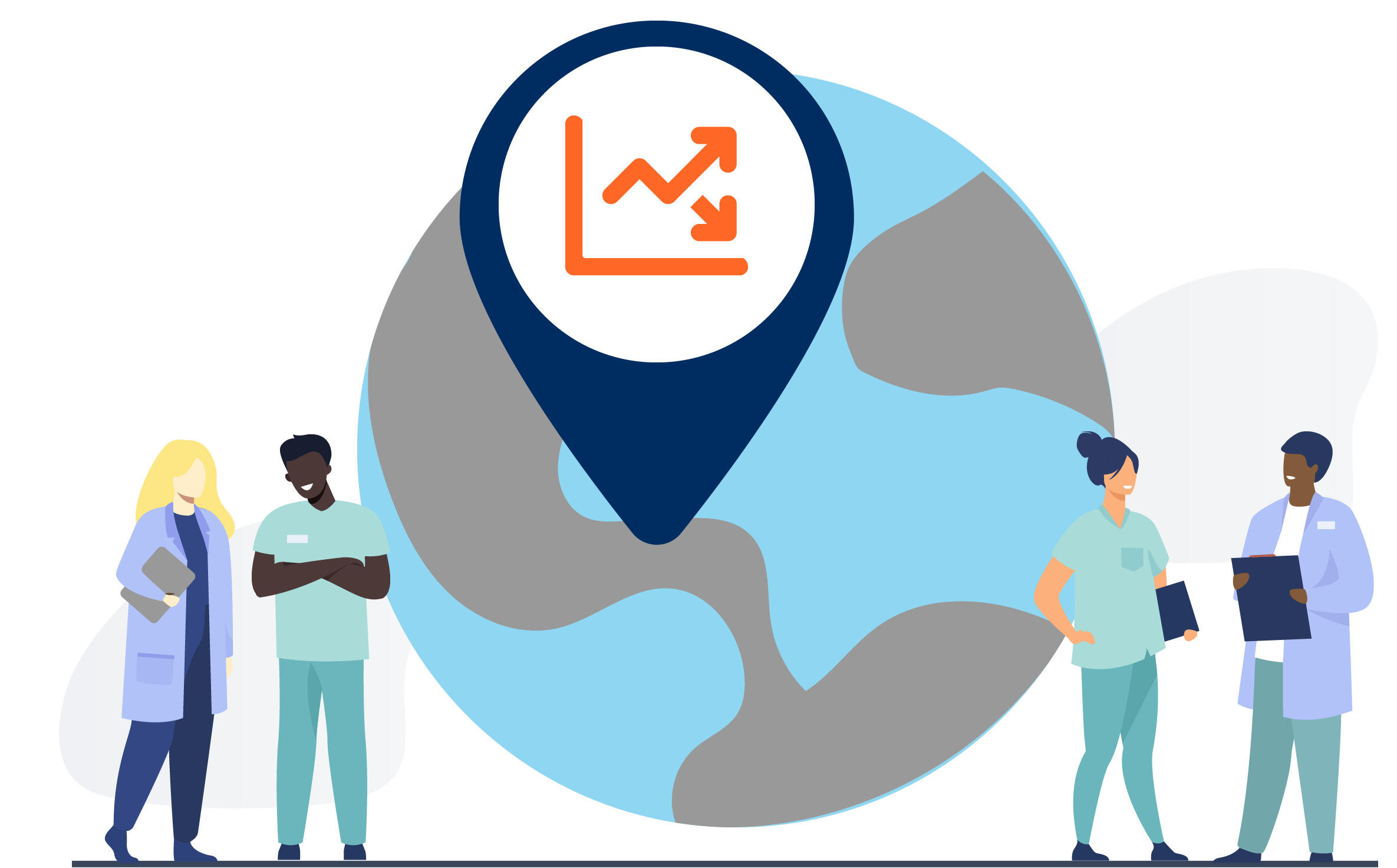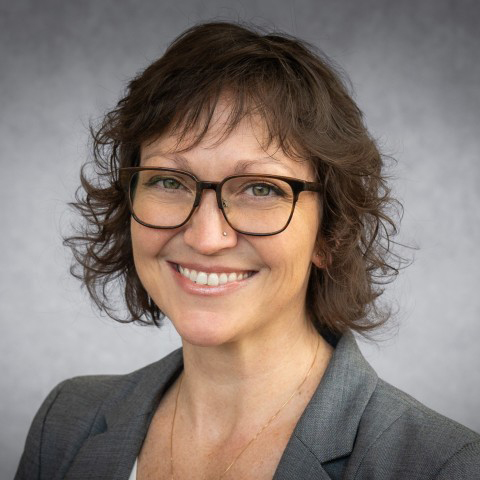Women, as a group, experience unique health problems by nature of their position in society. Historically, women have been subject to unjustifiable discrimination and unequal opportunities in wealth; and given inextricable links between wealth/poverty and health, they experience unequal health problems. In many places, women’s most important role is functional creation and maintenance of the family unit. As a result of their place in the economic and social structure, inequalities in morbidity and mortality have expanding impacts into the larger population. There has been a worldwide focus on maternal health and mortality, which this module will include. But it is equally important to understand how gender inequality across the spectrum of education, economics, and human rights is integrally tied to women (and maternal) health.
Learning objectives
- Describe the importance of women’s health to individuals, families, and communities
- Explain intersection between gender equality, women's health, and health systems strengthening
- Describe the burden of disease and determinants of women’s health and how they vary in different settings
- Describe critical challenges in improving women’s health in low and middle-income countries
- Describe challenges and some successes in improving gender equality that promotes positive health outcomes
Pre-module prompt
Before you start the module, consider the following:
-
- In what ways does gender act as a determinant of health around the world (how many ways can you think of)?
- Take a guess: What percentage of the healthcare workforce is female?
- Read
- Apply
- Watch
- Do
- Listen
- More
-
Global Health 101, Chapter 10: Women and Maternal Health.
-
This chapter provides a summary of the problem—the statistics, trends, and key conditions— in women’s health with a focus on resource-limited populations.
-
-
Gender and Sexual and Reproductive Health 101.
This module adapted from USAID expands on the basic stats and trends towards a view of what considerations should be given to interventions aimed at improving gender equity and women’s health. There is more focus on programmatic tools and policy. The section on Gender analysis is optional for students that want more information about how a gender analysis is conducted.
Edna Adan Ismail: A midwife’s story.
“From TEDxRC² comes this moving story of midwife Edna Adan. Edna Adan Ismail is a nurse, midwife, UN diplomat, French Legion of Honour recipient and former foreign minister of Somaliland—an unrecognised, self-declared state that has been going it alone for the past 20 years. She was also a founding member of the Somali Red Crescent back in 1963. New York Times columnist Nicholas Kristof recently described Edna as his 'personal hero' and wrote about her in his book, "Half the Sky." The tireless 74-year-old has poured everything she has, including her pension, into providing much-needed health care to a population with one of the highest maternal and infant mortality rates in the world—a situation that's been exacerbated by Somalia's long civil war, which led to the death or departure of nearly all of the country's health care workers. In her talk at TEDxRC², Edna shared her vision for saving many more lives across the Horn of Africa, proving that "if it can happen in Somaliland, it can happen anywhere.”
Explore the data in maternal health at Maternal Health Atlas | The Institute for Health Metrics and Evaluation (healthdata.org).
On the Slack discussion board:
-
- For the country of interest that you designated for this course, find the factsheet in the Maternal Health Atlas. What trends have there been in maternal health and outcomes? What are the most common causes of maternal mortality?
Period Poverty, Gender Equality and Resilience with DfG Founder Celeste Mergens.
“Celeste Mergens is the founder and CEO of Days for Girls International. Since 2008, she has grown the organization from a small group of local sewists into an award-winning, global NGO serving menstruators and their communities in 144 countries (and counting). A heart-centered and compassion-driven visionary, Celeste has dedicated her life to showing every girl, everywhere that she is strong, worthy and capable of extraordinary things – and giving her the tools she needs to thrive, starting with menstrual health.
In this very special podcast episode, Celeste walks us through the founding of Days for Girls, the inspiration behind the mission and what drives her to lead this work every single day (including her own story of trauma and resilience). She also dives into the power of locally-led solutions, the multilayered impact of the DfG Enterprise Program, the benefits of washable period products…and so much more!”
This podcast provides a perspective on working in global health for women’s rights. The topic of period poverty is a useful place to start in considering the experiences of women around the world and ways in which being born a woman may lead to cascading inequalities. This podcast is also offered as an exploration of one person’s career in global health with successful implementation of an intervention (a difficult task!).
On the Slack discussion board:
- What elements, attitudes, and skills are described in the podcast that contributed to the successful implementation of the interventions described?
- Brizuela V, Tunçalp Ö. Global initiatives in maternal and newborn health. Obstet Med. 2017;10(1):21–25. doi:10.1177/1753495X16684987
- Renfrew, MJ., Malata, AM. Scaling up care by midwives must now be a global priority. The Lancet Global Health.
- A Global Snapshot of Family Planning and Reproductive Freedom (podcast and transcript).
- Half the Sky (book) (documentary).

